This week’s episode deals with the question of persecution in the church. Along with the challenges of belief–battling Gnosticism, Judaizers and Greek philosophy–the early church endured the great trial of persecution–both formal, state sponsored persecution and sporadic local persecution, prejudice and bigotry.
This is a good reminder to us that one of the marks of authenticity is persecution and that at all times at least in some places Christ’s church has been persecuted. An excellent book on the persecuted church in the world today is John Allen’s The Global War on Christians . John’s book is brilliant because he doesn’t simply talk about the obvious persecution in communist and Islamic countries, but delves into the different kinds of persecution Christians face when they stand for the gospel. It might be communists, but it might also be industrialists who persecute a Christian environmentalist. It might be gang lords murdering priests who speak out against them. It might be corporate, legal and media persecution as we have seen in the USA against those who refuse to comply with the gay agenda.
Persecution has not only a political dimension, but a real spiritual dimension. The forces of Satan are the forces of this world–politically, financially, militarily and institutionally. The forces of this world order have always, and always will be against the kingdom of the Lord and of his Christ. To belong to the Church is to be counter cultural and anti establishment, and whenever the church has compromised and complied with the world order her witness is weakened. Whenever she has stood up to the world order the faith is strengthened, evangelization prospers, new vocations flourish and the church grows new muscle.
So this third century (200-300 AD) is a time of persecution, but it is also a time of consolidation. The persecution helped keep things in focus, and out of the persecution a strong, resilient and stubborn church came about. The Christians of this time worked to survive and this helped them realize the need for a clear order or hierarchy of bishops, priests and deacons. Strong leadership was required to survive. In addition, to battle the gnostics, philosophers and Judaizers a clear system of doctrine needed to emerge, and we see the theologians of this age hammering out what Christians really believe in response to the marketplace of religions and ideas in the culture of their day.
For extra resources I’m going to refer you to last week’s special post on the Fathers of the Church. In the texts I recommended you’ll find the writings of this centuries greats: Clement of Alexandria, Origen, Tertullian, Cyprian and others.
Online resources: New Advent publishes the Catholic Encyclopedia online here.
They also publish a great webpage which is like the books I recommended last week, in which segments from the writings of the Fathers of the Church are categorized both by subject and by writer. This is a great place to learn more about the writings of the post apostolic age. Go here for that resource.
If you are interested in more apologetics material don’t forget Dave Armstrong’s website. Dave is an amazingly thorough amateur scholar and apologist. He has a wealth of material at Biblical Evidence for Catholicism.
Finally, if you like more podcasts, don’t forget the huge archive of podcasts on church history by Monsignor Witt. This page alone is on the early church and contains 46 episodes covering the first 500 years. To dig more deeply into the third century–this week’s 100 years–browse through his episodes 11-25.
I hope you are enjoying the series. If you are, please shoot me an email with some feedback, questions and comments.
I always like to hear from my readers! email: dlongenecker1@gmail.com

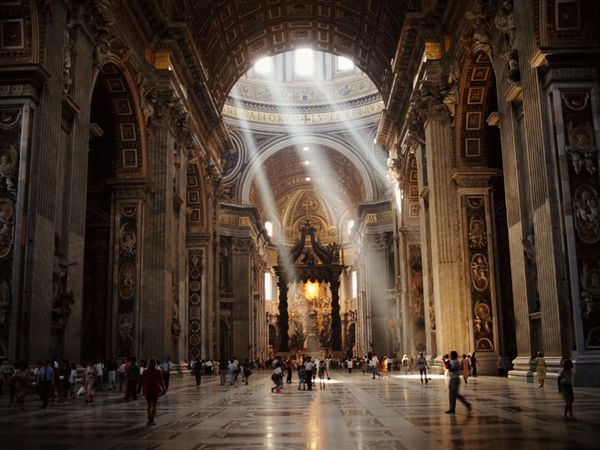
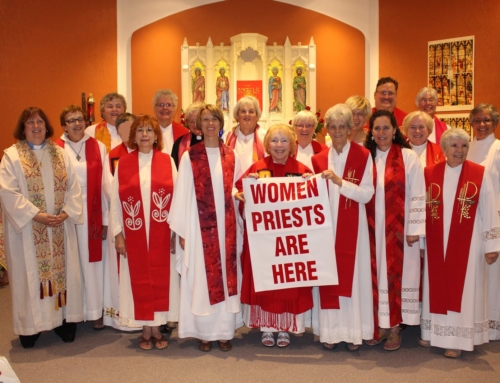
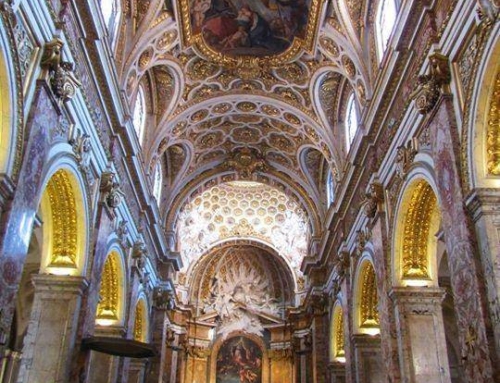
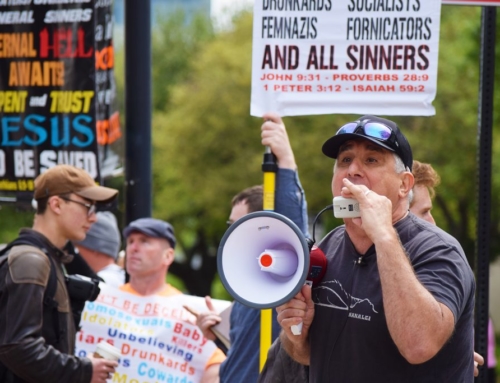
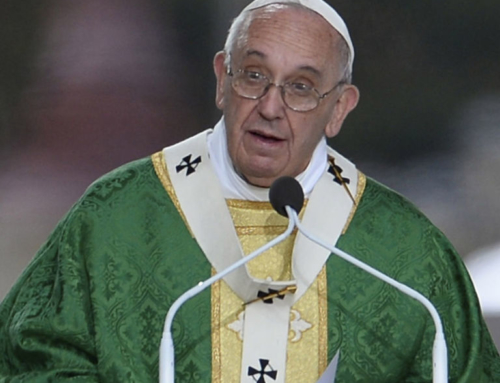
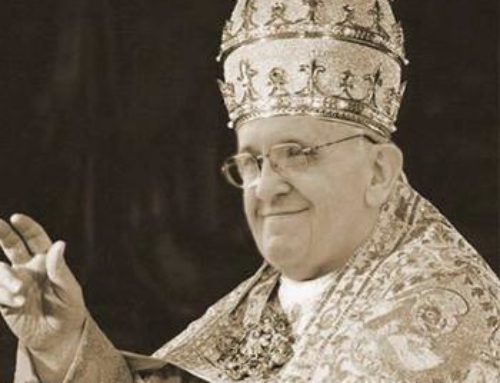
[…] Remember that Donor Subscribers have access to a special blog post for each episode over at the Church History section of the blog. This week’s extra blog post is here. […]
As usual very powerful insights. Thank you Fr. Longnecker